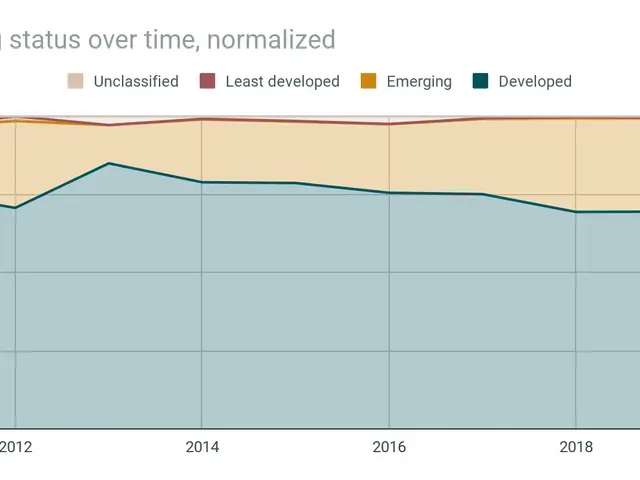Crypto Risks Stressed in Shared Declaration Emphasizing Robust Oversight
In a joint statement issued on January 3, 2023, the Board of Governors of the Federal Reserve System, the Federal Deposit Insurance Corporation, and the Office of the Comptroller of the Currency have highlighted several key risks for banking organizations associated with crypto assets.
The susceptibility of stablecoins to run risks, creating potential deposit outflows for banking organizations that hold stablecoin reserves, is identified as a significant concern. This risk, coupled with the lack of maturity and robustness in risk management and governance practices in the crypto-asset sector, could pose challenges for the stability of the banking system.
Inaccurate or misleading representations and disclosures by crypto-asset companies, including misrepresentations regarding federal deposit insurance, are also a key concern. The risk of fraud and scams among crypto-asset sector participants is another area of focus.
Legal uncertainties related to custody practices, redemptions, and ownership rights in the crypto-asset sector are additional risks identified. The agencies have expressed significant safety and soundness concerns associated with business models that are concentrated in crypto-asset-related activities or have concentrated exposures to the crypto-asset sector.
The joint statement also addresses heightened risks associated with open, public, and/or decentralized networks, or similar systems. These risks include the lack of governance mechanisms, the absence of contracts or standards, and vulnerabilities related to cyber-attacks, outages, lost or trapped assets, and illicit finance.
Significant volatility in crypto-asset markets is another key risk, with potential impacts on deposit flows associated with crypto-asset companies. Contagion risk within the crypto-asset sector resulting from interconnections among certain crypto-asset participants is also identified as a concern.
The agencies believe that crypto assets issued, stored, or transferred on an open, public, and/or decentralized network are "highly likely to be inconsistent with safe and sound banking practices."
Regarding the six German banks mentioned by the Bundesbank addressing crypto-related risks for banking organizations, the available search results do not provide specific details.
The joint statement identifies eight key risks in total, including fraud, volatility, and contagion risk within the crypto-asset sector. The agencies emphasize the importance of banks understanding these risks and implementing robust risk management strategies to mitigate potential impacts on their operations and the broader financial system.
Read also:
- Peptide YY (PYY): Exploring its Role in Appetite Suppression, Intestinal Health, and Cognitive Links
- Toddler Health: Rotavirus Signs, Origins, and Potential Complications
- Digestive issues and heart discomfort: Root causes and associated health conditions
- House Infernos: Deadly Hazards Surpassing the Flames







